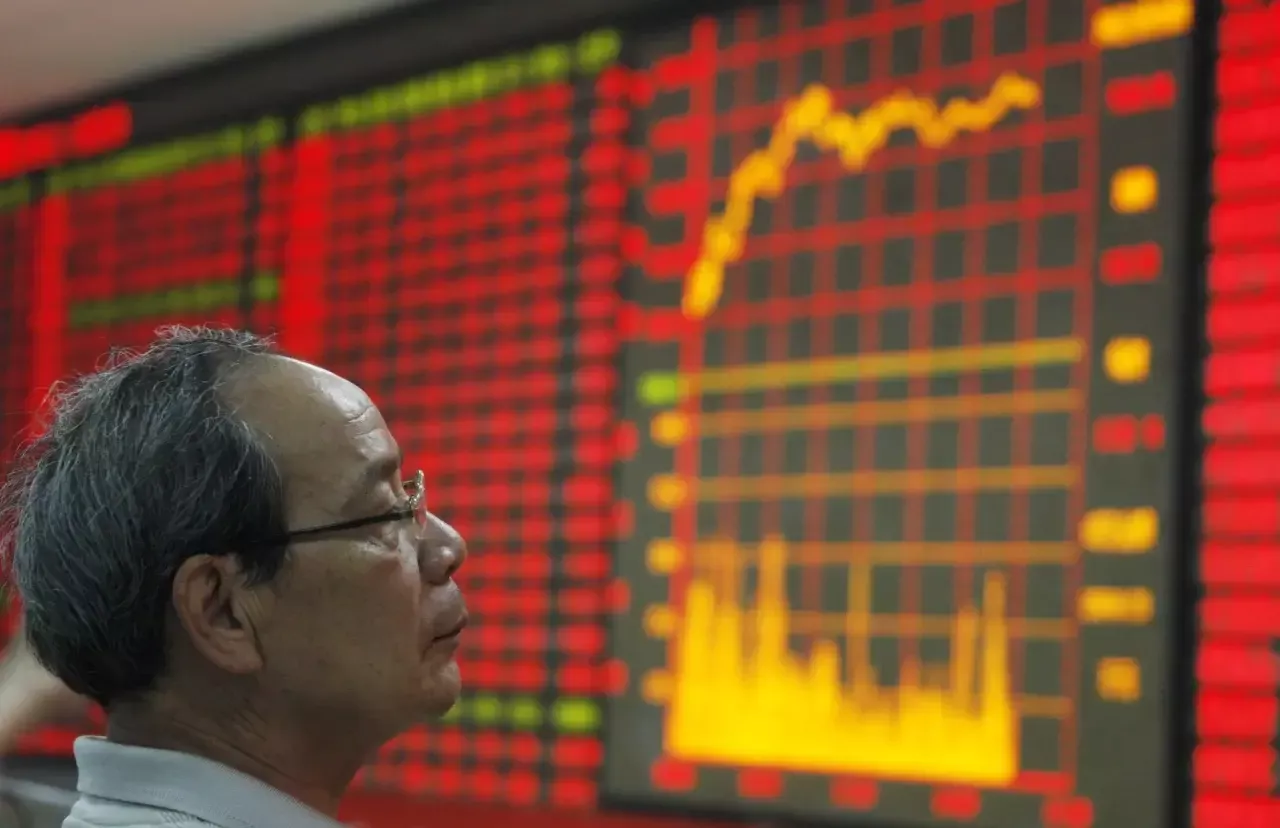Capital flows in China reached a record high in July

Capital flows in China reached a record high in July. This was reported by Zamin.uz.
A new phase has begun in China's financial markets as a result of significant flows and strategic decisions in global markets. Active purchases of financial assets in Hong Kong and new liberalization measures introduced by the country's government directly influenced this process.
This process signifies important changes for currency policy and global market participants. In July, local banks invested a total of 58.3 billion dollars in foreign securities on behalf of their clients.
This figure is the highest since 2010, indicating that the economic direction is entering a new era. The main reason for the expansion of capital flows is investors' interest in diversifying their portfolios.
This is bringing China's financial markets closer to the global stage. A large part of the capital flows is related to stocks connected with Hong Kong and the expansion of the "Southbound Bond Connect" program.
Throughout this year, interest in foreign bonds through this program has increased significantly. In July, onshore investors purchased foreign debt securities worth 12.6 billion yuan.
This serves to strengthen the government's policy of gradually liberalizing financial markets. As investors' appetite for risk grows, a large portion of their investments is directed towards international markets.
However, foreign investors are reducing their interest in Chinese domestic bonds. In July, their bond portfolio in the interbank market decreased by 300 billion yuan, which is the lowest level since the beginning of 2024.
This situation is related to the decline in the attractiveness of Chinese securities and the increased interest in global alternative assets. As a result, capital flows may put pressure on the yuan exchange rate.
Policies carried out by the Chinese government are accelerating the country's global economic integration. According to experts, the government is increasing experience with capital flows and paving the way to integrate the financial base into international markets.
This will help raise the international status of the yuan currency. Thus, although capital flows may exert pressure on other currencies, in the long term, China's integration into the global economy will strengthen.
In conclusion, the Chinese economy is approaching global markets and striving to create positive outcomes from capital flows. Policies and strategic decisions implemented by the country's government are significantly influencing the development of China's economic system.
This will enable the country to further strengthen its position in financial markets in the future.







